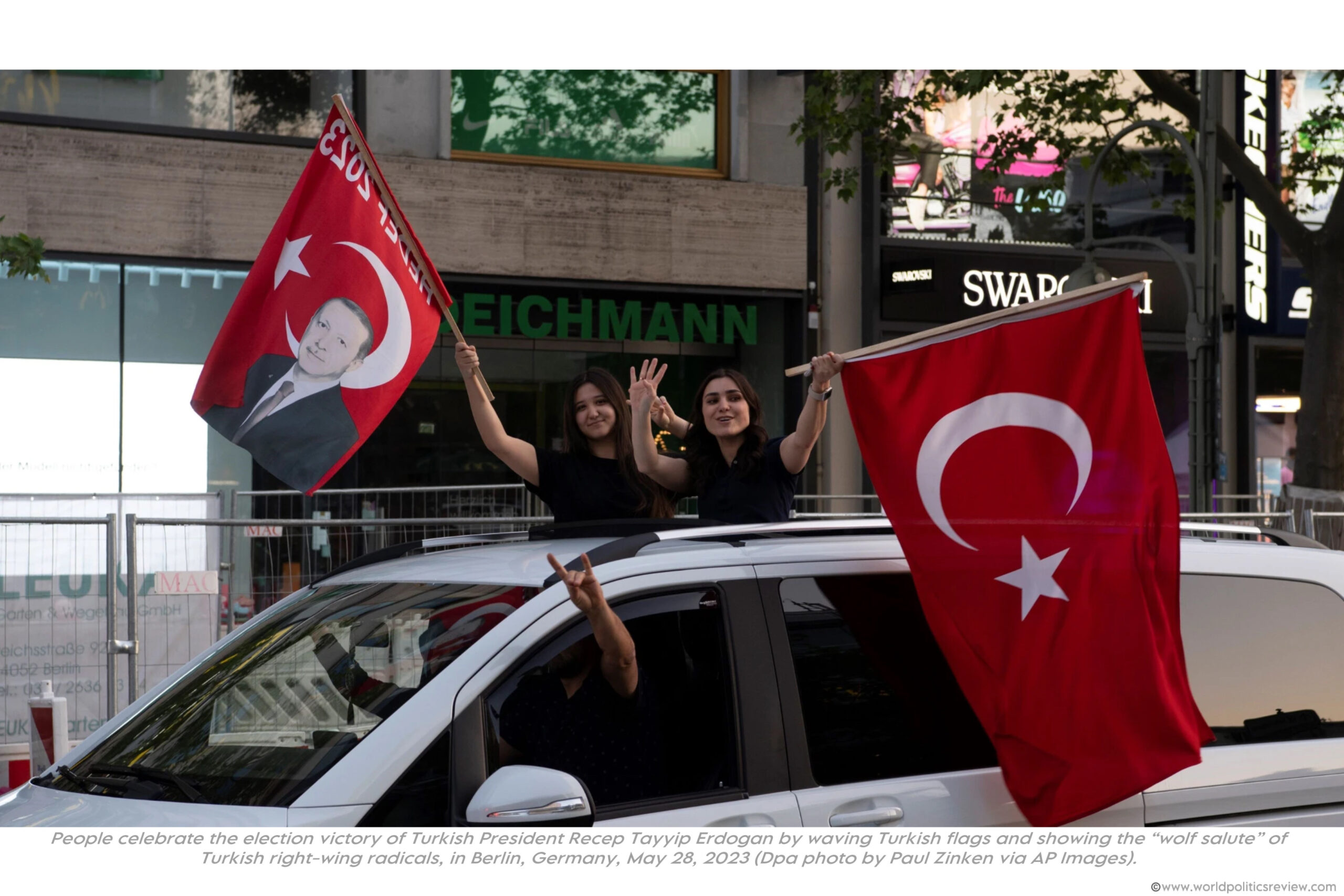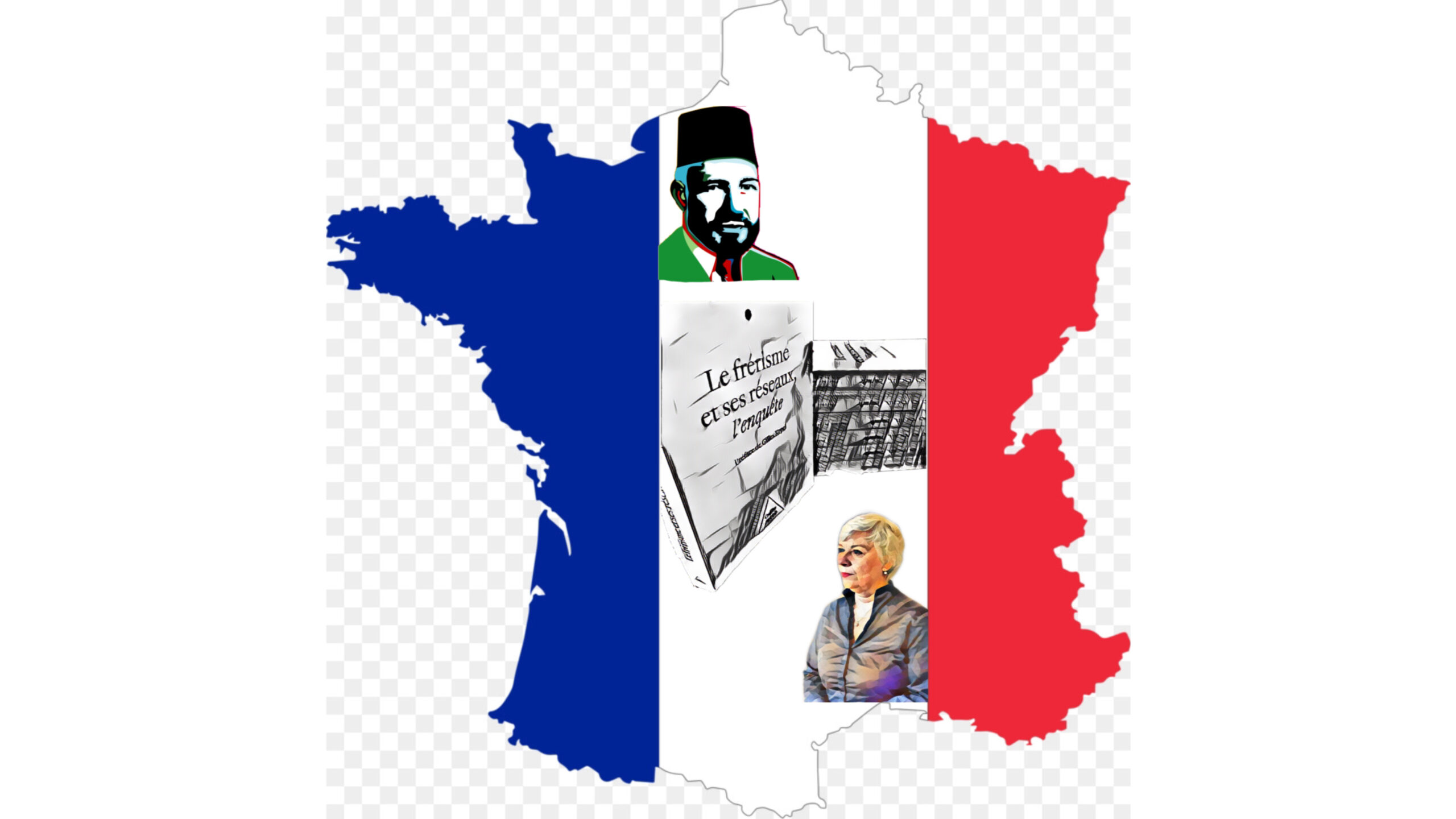By Sheikh Ali Gomaa {Sheikh Ali Gomaa is the Grand Mufti of the Arab Republic of Egypt – the second highest religious position in the country. He oversees the premier institution in the Muslim world for religious legal direction, Dar al-Ifta al-Misriyyah. This essay is distributed by Common Ground News Service.} Almost two years ago the citizens of London were victims of a great atrocity. Those who perpetrated those crimes would like you to believe that they were inspired by the religion of Islam. Nothing could be further from the truth. There is nothing in Islam that could ever justify these blatant acts of aggression. Islam calls on Muslims to be productive members of whatever society they find themselves in. Islam embodies a flexibility that allows Muslims to do so without any internal or external conflict. This is why we see a vast variety of cultural, artistic and civilisational phenomena all of which can be described as Islamic, ranging from the Taj Mahal in India to the winding streets of Fez to the poetry composed by English converts that represents not only the rigor of English verse, but also encompasses the beauty of Islamic piety. This flexibility is not just present in the cultural output of Muslims; it is an integral part of the Islamic legal tradition as well. In fact, you could say it is one of the defining characteristics of Islamic law. Islamic law is both a methodology and the collection of positions adopted by Muslim jurists over the last 1,400 years. Those centuries were witness to no less than 90 schools of legal thought, and the 21st century finds us in the providential position to look back on this tradition in order to find that which will benefit us today. This is one of the first steps in the issuing of a fatwa (religious opinion/ruling).
Fatwas and Modernity






